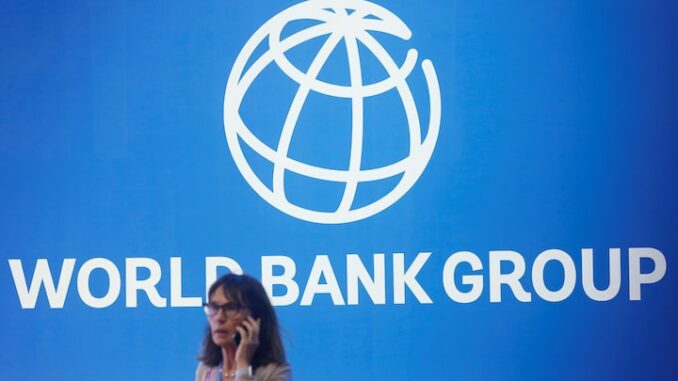
The World Bank (WB) announced on Friday, December 6, in Seoul that it will mobilize an unprecedented $100 billion over the next three years to support the world’s poorest nations. This milestone marks the culmination of a year-long fundraising effort spearheaded by the International Development Association (IDA), the WB’s arm dedicated to providing grants and low-interest loans to 78 low-income countries, primarily in Africa.
The $100 billion target will be achieved through the World Bank’s leveraging model, which multiplies nearly $24 billion pledged by donor countries. While African nations had initially sought $120 billion, the $100 billion allocation represents a record-level refinancing for the IDA. Despite a challenging global fiscal environment, some donor nations increased their contributions by as much as 50%, demonstrating robust commitment to the cause.
Axel van Trotsenburg, Director of Development Policy and Partnerships at the World Bank, praised the collective effort:
“We commend donor countries for their extraordinary contributions. In a difficult budgetary climate, they have rallied to support IDA, ensuring critical resources for the countries that need them most. This $100 billion will enable transformative investments in health, education, infrastructure, and climate change adaptation.”
As the world’s largest source of climate financing, the IDA has allocated $270 billion over the past decade, with more than two-thirds channeled to African nations. These funds, provided as grants or zero-to-low-interest loans, have been instrumental in driving essential development initiatives, including improving healthcare, expanding educational access, building resilient infrastructure, and bolstering climate adaptation efforts.
The newly secured financing reinforces the IDA’s mission to alleviate poverty and promote sustainable development in low-income nations. It comes at a critical time, as these countries grapple with escalating challenges such as economic inequality, climate change, and post-pandemic recovery.
This milestone sets the stage for accelerated progress in areas vital to the resilience and growth of the world’s most vulnerable populations.
